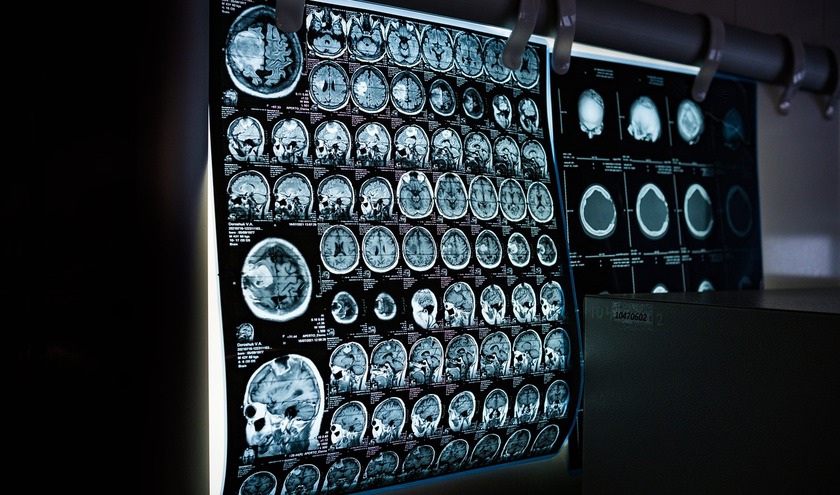The projects are funded through the NIHR Invention for Innovation (i4i) Funding At the Speed of Translation (FAST) 4 Awards. This round of funding is supporting the development of innovative healthcare technologies for acquired brain injury (ABI), including the prevention, diagnosis and management of ABI, as well as recovery from ABI as a consequence of traumatic brain injury, stroke, tumours and infections.
FAST is aimed at innovators in need of a small amount of funding to answer a specific question or to fund a single piece of activity to advance healthcare technologies and interventions for increased patient benefit. The awards are designed to have a rapid turnaround and all projects will last between 6-12 months.
One project is developing a tool called ‘FIT4Labour' to help midwives and doctors identify babies who might be at risk of brain damage and death during labour. This funding will allow them to test the tool with mothers when they arrive at the hospital around labour onset, to see how it can help prevent the worst outcomes by supporting informed choices about care in labour.
Another project will conduct an evaluation of a virtual reality system called ‘Virtue', designed to help stroke survivors improve their cognitive abilities. This 12-month evaluation will take place at the Countess of Chester Hospital and involve 80 stroke survivors.
Professor Peter Hutchinson, director of the NIHR HealthTech Research Centre in Brain Injury, said: ‘This significant investment will make a real difference for patients and their families, unlocking the opportunity to further develop novel HealthTech and generating evidence to support the uptake of these innovations. Congratulations to all 35 awardees, we look forward to meeting with you later this year.'
Professor Mike Lewis, NIHR's scientific director for innovation, said: ‘The NHS needs to be there for people when they need it. Tackling acquired brain injury requires innovative thinking, and we're delighted to be supporting so many exciting new projects via NIHR's FAST funding scheme. We look forward to supporting these projects to unlock more effective treatments and improve patients' outcomes at critical times in their lives.'



